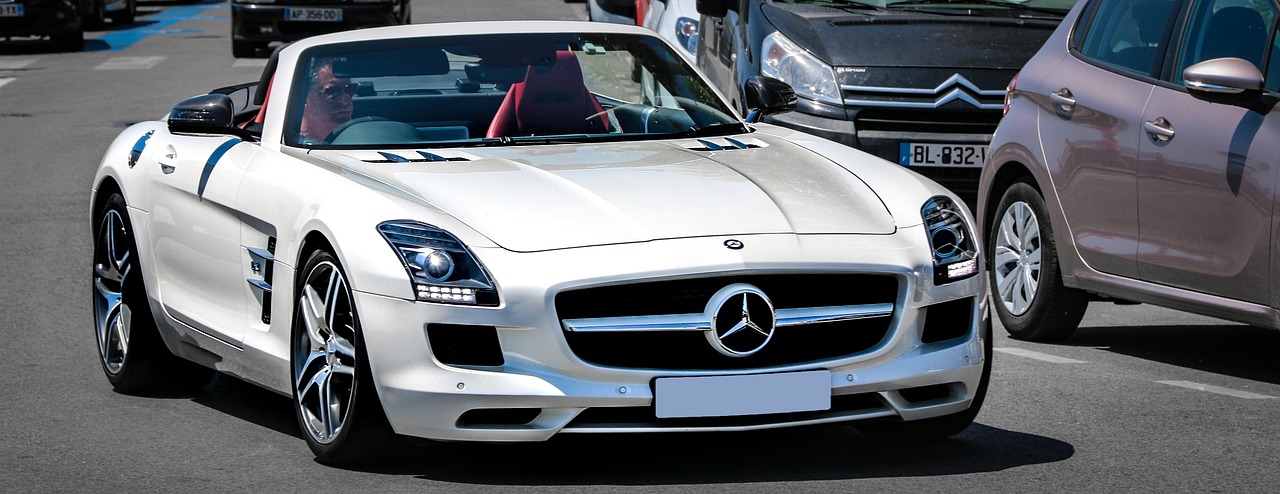Electric Cars and the Future of the Auto Industry
Electric cars have been making waves in the auto industry in recent years, with more and more consumers considering making the switch from traditional gasoline-powered vehicles. As concerns about climate change and pollution continue to grow, electric cars offer a more sustainable and environmentally-friendly transportation option. In this article, we will explore the rise of electric cars and their impact on the future of the auto industry.
The Rise of Electric Cars
Electric cars have come a long way since their introduction in the late 19th century. While they were initially overshadowed by gasoline-powered vehicles, advancements in technology and growing concerns about the environment have led to a resurgence in the popularity of electric cars. Companies like Tesla, Nissan, and Chevrolet have been leading the charge in producing electric vehicles that offer competitive performance and range.
Benefits of Electric Cars
One of the biggest advantages of electric cars is their environmental impact. By running on electricity, they produce zero emissions and help reduce air pollution. Additionally, electric cars are more energy-efficient than traditional gasoline-powered vehicles, making them a more sustainable transportation option. They also require less maintenance and have lower operating costs, making them more cost-effective in the long run.
Challenges Facing Electric Cars
While electric cars offer many benefits, there are still some challenges that need to be addressed. One of the main issues is the availability of charging infrastructure. As more people switch to electric vehicles, there is a growing need for reliable charging stations across the country. Another challenge is the high upfront cost of electric cars, although this is gradually decreasing as technology advances and economies of scale come into play.
The Future of the Auto Industry
As electric cars continue to gain popularity, they are reshaping the auto industry in significant ways. Many major automakers are investing heavily in electric vehicle technology, with plans to phase out gasoline-powered vehicles in the coming years. This shift towards electrification is not only driven by consumer demand but also by government regulations aimed at reducing carbon emissions and combating climate change.
Impact on Traditional Dealerships
The rise of electric cars also has implications for traditional car dealerships. As more consumers choose electric vehicles, dealerships will need to adapt to this changing landscape. This may involve investing in training for sales staff, upgrading facilities to accommodate electric car charging, and offering incentives to customers who choose electric vehicles over gasoline-powered ones.
FAQs
Q: Are electric cars more expensive than gasoline-powered cars?
A: Electric cars typically have a higher upfront cost compared to gasoline-powered cars, but they are often more cost-effective in the long run due to lower operating costs and maintenance expenses.
Q: How long does it take to charge an electric car?
A: The charging time for an electric car can vary depending on the battery size and the type of charging station used. On average, it takes about 4-8 hours to fully charge an electric car at home using a Level 2 charger.
Q: What is the range of an electric car?
A: The range of an electric car can vary depending on the model and battery size. Most electric cars can travel between 100-300 miles on a single charge, although some models have a range of over 400 miles.
Q: What incentives are available for purchasing an electric car?
A: Many states offer incentives for purchasing electric cars, such as tax credits, rebates, and reduced registration fees. Additionally, the federal government offers a tax credit of up to $7,500 for qualifying electric vehicles.
Q: Are electric cars better for the environment?
A: Yes, electric cars produce zero emissions and are more environmentally-friendly than gasoline-powered vehicles. By running on electricity, they help reduce air pollution and combat climate change.
Q: Can I drive an electric car in cold weather?
A: Electric cars can be driven in cold weather, although extreme temperatures can affect battery performance and range. It is recommended to preheat the car while it is charging to help preserve battery life.
Q: What is the future of electric cars in the auto industry?
A: Electric cars are expected to play a major role in the future of the auto industry, with many automakers investing in electric vehicle technology and phasing out gasoline-powered vehicles. As technology advances and charging infrastructure improves, electric cars will likely become more widespread and accessible to consumers.







